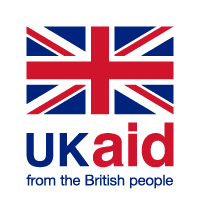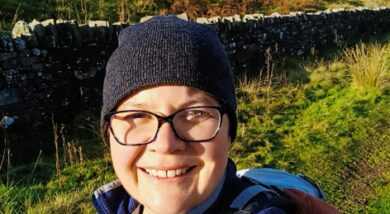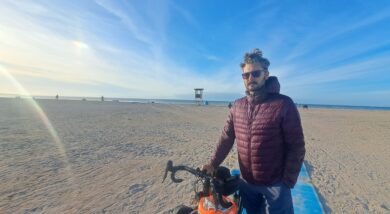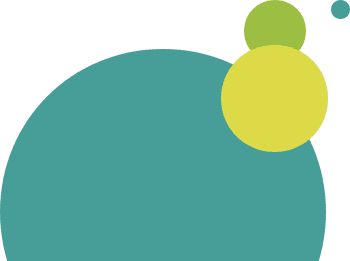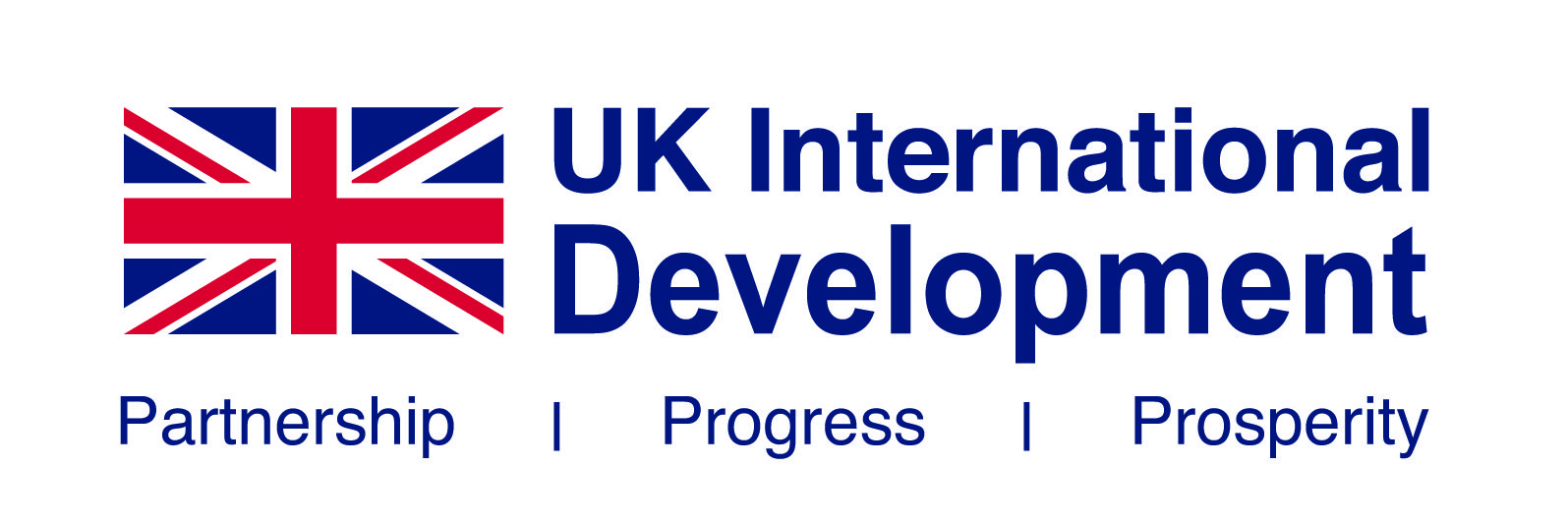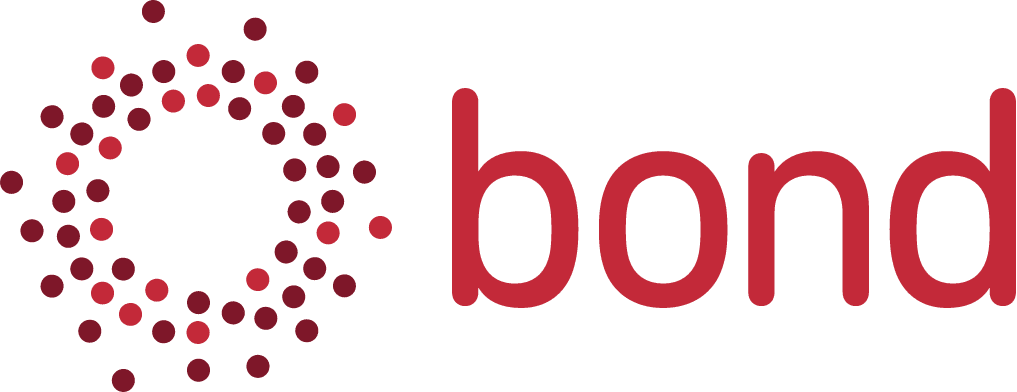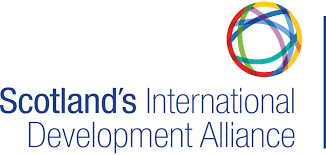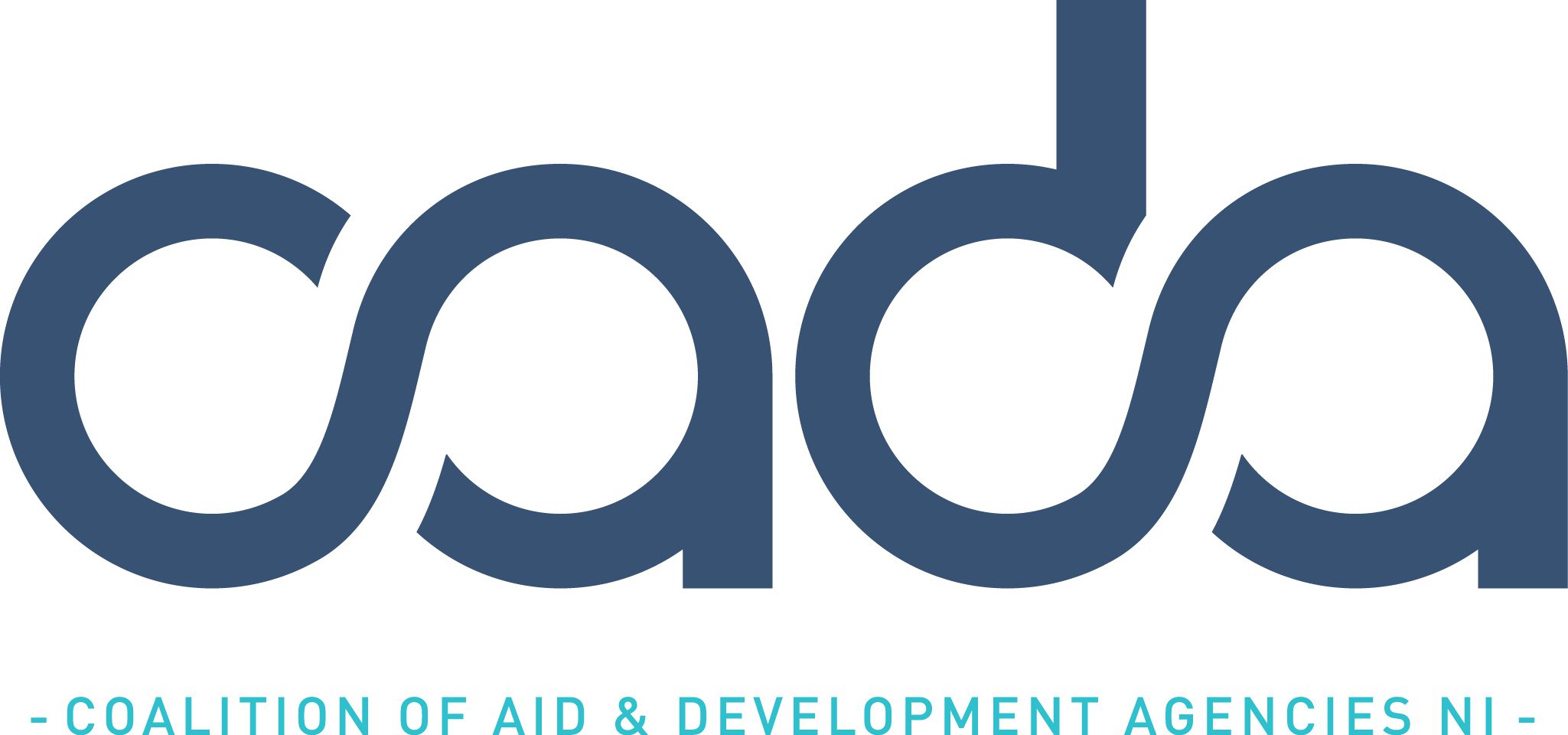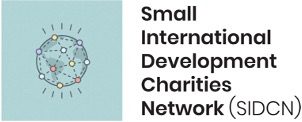31 July 2024
Transitioning to Localisation: Bridge2Aid’s Journey in Tanzania

Localisation tries to shift power, resources, and ownership to local people, putting them at the centre of the aid system.” (CAF)
Localisation principles are rapidly reshaping the landscape of international development meaning international development charities and NGOs must ensure they empower the communities they aim to support. This paradigm shift isn’t a fad or trend but a necessity for sustainable and impactful development.
At Bridge2Aid, our journey towards localisation began with a vision to create long-term solutions through local empowerment. In 2002 our founders, Ian and Andie Wilson, realised that the long-term solution to tackling the total lack of access to dental care in remote and rural settings was to train the local medical workforce. The idea was simple yet revolutionary: if people couldn’t see a dentist, train the local health workers. A sustainable approach and trailblazing at the time! Over 18 years, annually mobilising around 100 volunteers, we trained over 600 clinical officers. This model was highly effective and had significant impact.
Along the way, we handed our dental clinic over to our Tanzanian team and closed our local office. Our Tanzanian colleagues established their own NGO, and transitioned to become our implementation partners, taking ownership of the day-to-day management of local projects. Our steps to localisation were getting bigger!
“An approach to development to ensure that initiatives are owned and led by people in their own context.” (Bond)
Fast forward to 2020, and we faced a pivotal moment. Forced to pause our volunteering programs we took the time to reassess our strategy. What more could we do to ensure that projects were led and developed by local partners? Should we consider the environmental impact of flying volunteers? Were there any unintended consequences of our work?
From 2021 to 2022, we continued to refine our approach in Tanzania. Partnering with a local dentist, Dr Nila Jackson, to deliver education around the practice of Infant Oral Mutilation, and collaborating with the Ministry of Health to curb the practice in the country. Approximately 16,000 local people were trained by Dr Nila and his local team to cascade this information. Despite these efforts, many decisions were still being made in boardrooms in the UK and we realised we needed to shift more power to our partners.
We asked ourselves: where does the power lie? Where should it lie? Whose voice needs to be part of the conversation?
In late 2023, we were invited by the Assistant Director for Oral Health Services in Tanzania (Dr Baraka Nzobo) to start a conversation with a local NGO, THEDI. They had conducted baseline surveys and wanted to trial a new district by district programme. This programme aimed to offer both curative and preventive services, deliver oral health education to teachers and community health workers plus screening and treating patients whilst upskilling local dental therapists. The Ministry also sought our help to increase the confidence and competence of rurally based dental therapists.
In a conversation with the Assistant Director, he emphasised the need for volunteers. He explained, Tanzania has 600 dentists to serve a population of 70 million, his workforce was insufficient to carry out the necessary training. He also asked why NGOs from the global north often focused solely on extractions when in our own countries, we prioritize restoration and prevention. Tanzania is evolving; they are recruiting more dental therapists, equipping district hospitals, and emphasizing preventive care.
We need to be part of this change and we’re responding to the invitation from the Ministry, the Tanzanian Dental Association, local dental professionals and NGOs. They are devising, leading, and evaluating projects that align with their national oral health policy. Our role is to support their efforts in a small but meaningful way. They are now our strategic, not implementation, partners. We have also recently invited Dr Nila to join our trustee board – to ensure the right people are involved in setting our own organisational strategy and help us reach our end goal of stepping away once there are enough local trainers to sustain the programs independently.
Our volunteering opportunities are now for individuals to support the work of our strategic partners. This will be through training teachers and community health workers to deliver oral health education in their communities, or by working alongside local Dental Therapists to increase their competence and confidence plus being part of a long-term remote mentoring programme. Please get in touch if you think you could help with this work.
Additionally, we continue to seek funds to support these initiatives, aiming to make a long-term, sustainable difference while helping us achieve our goal of stepping away.
Our journey to localisation continues, driven by the belief that real change is only possible when local communities lead the way. We’re committed to shifting power and resources to our partners, ensuring they are at the heart of creating pain free futures for underserved communities. We are excited by the next chapter of our journey, recognising that this is the path to sustainable change, and we are proud to walk it with our Tanzanian colleagues.
A huge thank you to Shaenna Loughnane at Bridge2Aid for writing about their experience for SWIDN!

